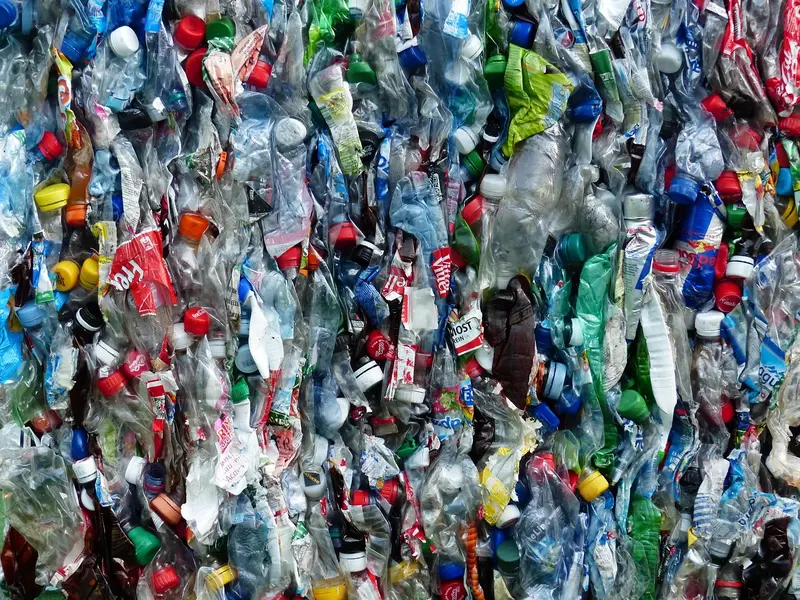Researchers at Northwestern University (USA) have learned to decompose plastic waste with the help of moisture from the air. As a result of the processing of one of the most common types of plastic, a byproduct is formed that can be recycled into more valuable materials.
By applying a cheap catalyst to a common type of plastic and leaving it outdoors, researchers decomposed 94 percent of the material in just four hours.
According to the inventors, this process is safer, cheaper, and more environmentally friendly than many other plastic recycling methods.

What is the uniqueness of the method?
In search of new technologies for breaking down plastic waste, a university team decided to mix PET (polyethylene terephthalate, the most common type of polyester plastic) samples with a molybdenum catalyst and activated carbon. As a result of heating the mixture, the chemical bonds of the polymer were broken down in a short period of time, the publication reported. Live Science .
Then the team subjected the test sample to impact. air Its moisture contributed to the transformation of the material into terephthalic acid (TPA), which can be processed into more valuable materials.
Co-author of the study Yosi Kratish noted, “What is particularly interesting is that we used moisture from the air to break down the plastic, achieving an exceptionally clean and selective process.”
The team tested the method on mixed plastics and found that it only worked on polyester materials. This meant that sorting the plastic was unnecessary. The technology was effective on plastic bottles, t-shirts, and colored plastics, breaking them down into TPC.
“When we added more water, the system malfunctioned. But it turned out that the moisture content in the air was optimal,” Kratish said.
The next steps for the team will be to adapt the process for large-scale industrial application.
“Our technology has the potential to significantly reduce plastic pollution, lessen the impact of plastic on the environment, and promote a circular economy where materials are reused rather than discarded,” noted lead author of the study, Navin Malik. “This is a tangible step towards a cleaner, greener future, and it demonstrates how innovative chemistry can address global issues in harmony with nature,” he added.
Researchers published their findings in the journal Green Chemistry.
The problem of plastic waste is worsening every day. More than half of the plastic population The world produced plastic after the year 2000. According to forecasts from the European Environment Agency, by 2050, the annual production volume of plastic will double.
As of today, only 9 percent of the plastic produced on the planet has been recycled. The rest could have serious consequences for the environment and health. Plastic waste is washed into the ocean, harming wildlife, breaking down into microplastics that enter the human body.
